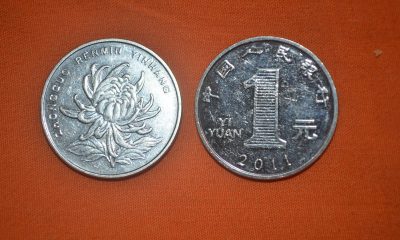Bitcoin
Bitcoin – Blockchain interest spikes as Chinese FOMO takes hold

From banning Bitcoin and other cryptocurrencies outright, to China now repositioning itself as a blockchain-powered nation after the passage of a ‘Cryptography Law’ by its National People’s Congress, the country’s developments have revived optimism in the crypto-industry. China has become the hotbed of discussion on social media platforms, and while the country had sided with the ‘Blockchain, not Bitcoin’ camp for a long time, recent developments could soon prompt a change in this too.
Strong evidence pointing to the same was revealed by cnLedger, with the China-oriented news handle informing the community that Xuexi Qiangguo, an app designed to teach Xi Jinping thought, has now come up with a course dedicated to blockchain technology. This course includes lessons on Bitcoin and Ethereum as well. Notably, Xuexi Qiangguo is China’s most downloaded app on Apple’s App Store. cnLedger’s tweet read,
“China’s most popular app, Xuexi Qiangguo (study for becoming powerful nation) now has a recommended course focusing entirely on blockchain, which contains Bitcoin & Ethereum lessons. The app released by CPC to help ppl learn about its political doctrines like Xi’s thoughts.”
Data from LongHash also revealed a spike in searches for the word “Bitcoin” on China’s leading search engine, Baidu. Its data on the Chinese market also exhibited a steep rise in terms of the number of media reports on Bitcoin, shortly after President Xi Jinping stressed the importance of blockchain.

Source: LongHash
Additionally, cnLedger also highlighted that articles claiming “blockchain technology is a scam” were now banned by Chinese officials. The country also recorded a spike in blockchain-related A-share firms, shortly after the stock markets opened on Monday morning.
Made in China 2025
The industrial policy is often seen as a threat by U.S President Donald Trump and other democracies, primarily because it is aimed at rapidly expanding its high-tech sectors and developing its advanced manufacturing base. Currently, China is in the transition phase of positioning itself as a major source of path-breaking innovation and tech as envisioned in its state-led industrial policy, ‘Made in China 2025’. As it nears 2025, this could be a major step for the country, especially at a time when it is facing a trade war with the U.S.

